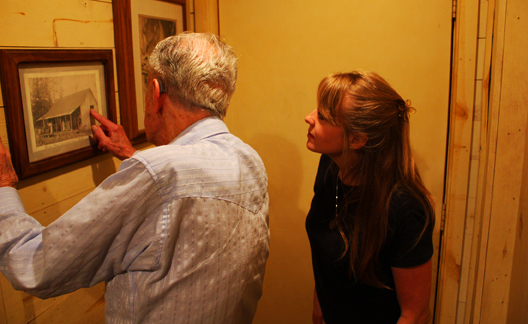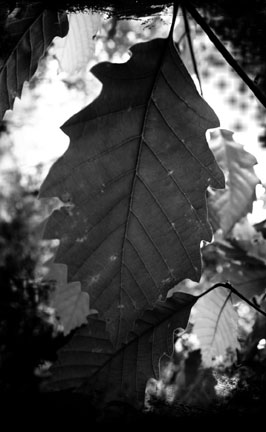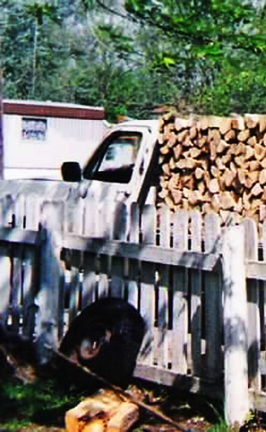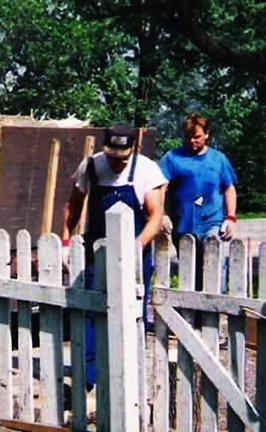People of the Hills
by Joshua Heston
Before the tourist trade, before the damming of the White River, before the building of the railroad, there were the people of the Ozark hills.
Missouri became a state in 1821. Arkansas in 1836.
Prior to American statehood, the Ozarks were home to a broad mix of pioneers, trappers, early French settlers and Native Americans, predominately of Osage and Quapaw groups.* Later, large numbers of Cherokee were forced into the western edges of the Ozark Mountains in present-day Oklahoma.
The years have also seen an influx of people from the Upper South, the Deep South, and the MidWest (According to Harold Bell Wright, Old Matt and Aunt Molly were from Illinois after all).
The region also saw a rise in African-American culture, due in large part to the movement of Southern slave-owners into the region prior to the Civil War.
In the latter half of the nineteenth century, Missouri became home to many German and Irish immigrants.
People have come to the Ozarks for many different reasons. But, upon arrival, culminating forces forged a unique group.
Not “hillbillies” of comic lore, but Hill People proud of their heritage and closely connected to the land and those around them.
It is these diverse and proud peoples that State of the Ozarks honors and celebrates.
Source Citation:
* page 157, Maxwell, James A., et al., America's Fascinating Indian Heritage, The Reader's Digest Association, Inc., 1978.
plate 1. Venerable Ozarks historian Walker Powell explains his family’s tomato canning factory (the first in Stone County, Missouri) to Jody Gerton of Talking Rocks Cavern, June 13, 2013.
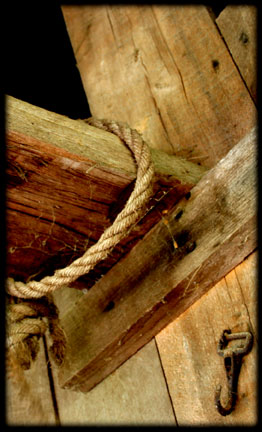
plate 2. Detail of a barn located between Taneyville and Kissee Mills, Missouri.
...Dust Bowl Summers
by Joshua Heston
Summertime is surely here in the Ozarks. We starting to need rain mighty bad and yet the peaches, tomatoes, plums and blackberries are loaded down with so much fruit the limbs, vines and canes are breaking beneath the weight. It is a rare year for the garden and yet dust devils are playing along roadsides in increasing numbers.
I’m not sure what it means for the rest of the season.
It gets me to thinking of summers past — summers long before me. Summers during the Dust Bowl in which the sky turned black from clouds of grasshoppers — grasshoppers which stripped even the fence posts.
It was a dark time, a time of heat and dust and desperation. An era when many Ozarkers were driven to better fields, to the west and the fertile valleys of California, Washington and Oregon, creating little centers of Ozark culture in an increasingly post-modern world — a time and place where chicken and dumplings competed with counter revolution and 18-lane expressways.
The spirit of the Ozarks is resilient. Sometimes it is in the face of great fear, uncertainty and loss that we, stripped of pretense, rise to the occasion and become more than we could possibly imagine. To survive against all odds. To preserve that which is worth remembering. To pass on traditions with meaning. To see the beauty and hope that would otherwise be ignored, lost or forgotten.
It’s the tough times that prove who and what we really are.
